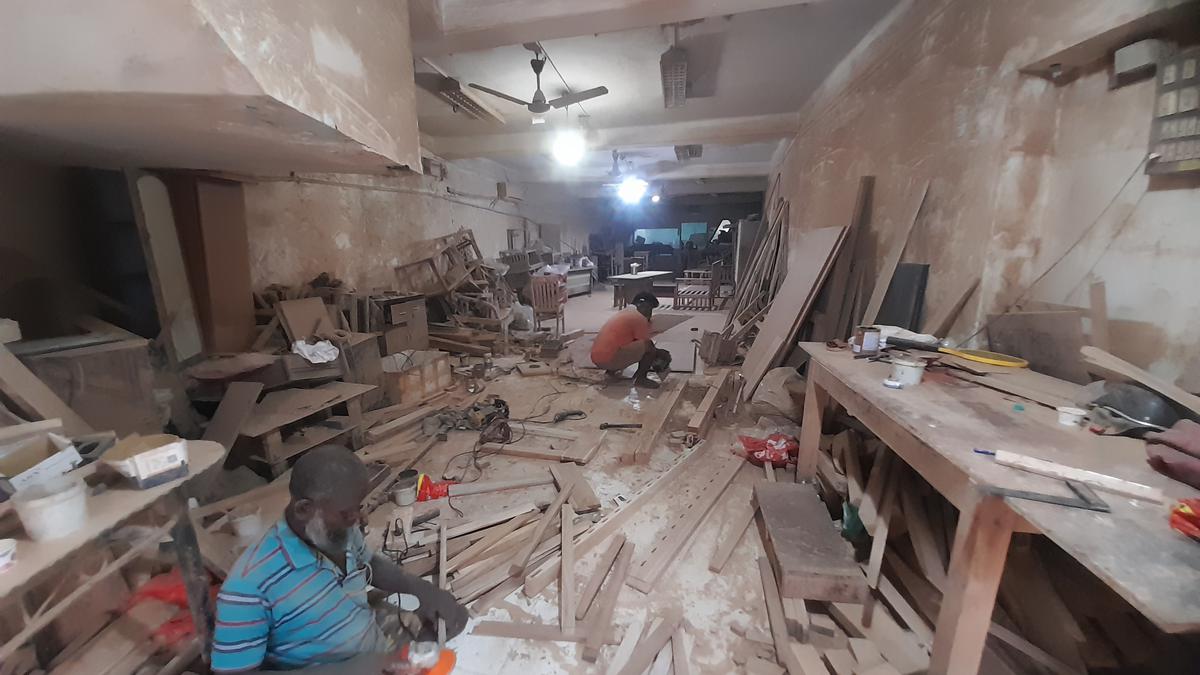
In Chennai, a market that has stood on sturdier legs
The Hindu
With the market getting crowded and the competition coming not only from other patches of the metro, but also the Internet, these shopkeepers are forced to plan their spends judiciously; furniture shops on Royapettah High Road would love to set the clock back
The furniture market at Royapettah High Road has stood on sturdier legs. Without a word being uttered by shopkeepers, one could sense desperation in the air. One shop wears a “closed” sign. Fortunately, it is not the end of the road for this enterprise, just a shift from one address to another on the same road.
With the market getting crowded and the competition coming not only from other patches of the metro, but also the Internet, these shopkeepers are forced to plan their spends judiciously. This cautiousness invariably translates into a regular quest for purse-friendly rental options.
Manivarnan of Foam and Furniture points to a two-storey building opposite his outlet and volunteers inside information: “A person had set up shop there on rent, which was about ₹1.5 lakh a month. But, the business was dull and he had to initially vacate the first floor to save cost. When that did not help too, he shut shop and relocated to Tambaram. There are many such stories…”
This is bound to happen when you hardly see five customers a day in comparison to over 50 a day only a decade ago, says D. Jagannathan, proprietor, Jayanthi Furniture. Besides, given the competitive environment, the profit to be made on each product has also dwindled, contributing to the overall slump in business, Jagannathan continues.
Accounting for a kilometre of Royapettah High Road, the furniture market is now around 50-shops strong, a striking drop in the figure that marked its halcyon days.
With relocation being seen as a lifebuoy to stay afloat, shopkeepers fear the market would shrink and eventually lose its character, a character that contributed in no small measure to what we know as Madras.
Before relocation, there are usually many other signs of distress. Many shops have resorted to laying off their employees or shutting down pattarais (workshops). What is worse, they pull in their horns and refrain from trying out anything new.













